Vacancy Rate Calculator: How to Calculate Vacancy Rate?

Vacancy rates are a big factor when it comes to selecting an investment property. It provides information on how many properties are vacant and for how long, but it can also shed light on how well the property is being managed.
If purchasing investment property, understanding the property’s vacancy rate may provide insight into the desirability of the property, especially when compared to other area … Read More
What is Commercial Cash-Out Refinance & How Does It Work?
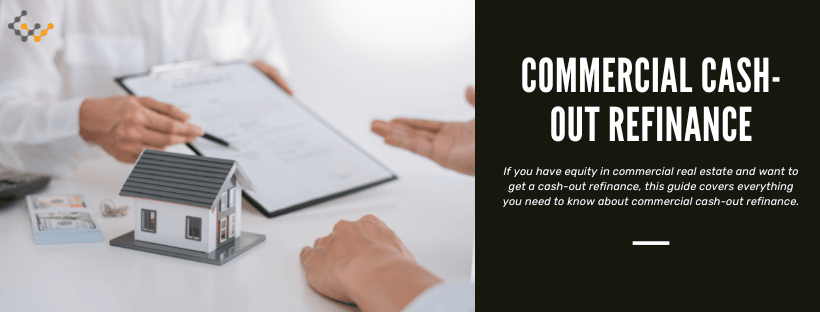
Commercial cash-out refinances grant property investors access to the equity that would likely otherwise be illiquid. Selling and cash-out refinancing are two main ways to realize equity and reallocate capital, and refinancing has several advantages.
What Exactly is a Commercial Cash-Out Refinance?
A commercial cash-out refinance is a process in which property is refinanced, and equity is withdrawn; hence the term “cash-out refinance.”
The property … Read More
How to Calculate Effective Gross Income
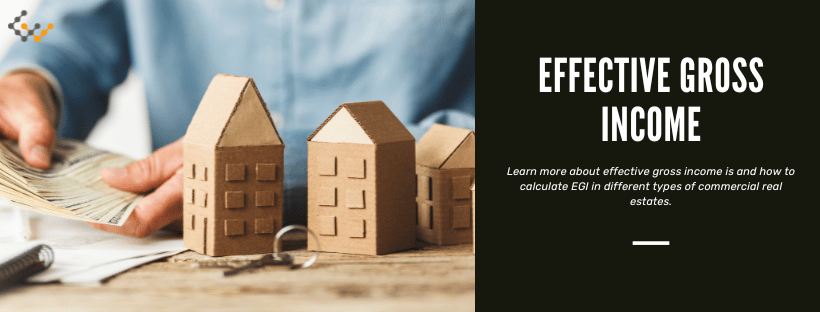
A commercial real estate property’s potential income isn’t just the monthly rents times twelve. Such a simple approach misses additional revenue sources and potential costs, and thus doesn’t fully and accurately reflect the income that the property should generate. Instead, calculating effective gross income provides a much more accurate estimate of potential income.
What is Effective Gross Income (EGI)?
Effective gross income (EGI) projects the … Read More
What is Tenancy in Common in Commercial Real Estate?

Tenancy in common (TIC) is a real estate transaction in which there are more than one owner of a specific property. It is not an uncommon situation, but it is one that can have both good and bad factors related to it. Understanding tenancy in common in a commercial real estate transaction is a critical step if this type of structure will be used.
What … Read More
Yield Maintenance Calculator: Calculate Your Prepayment Fees
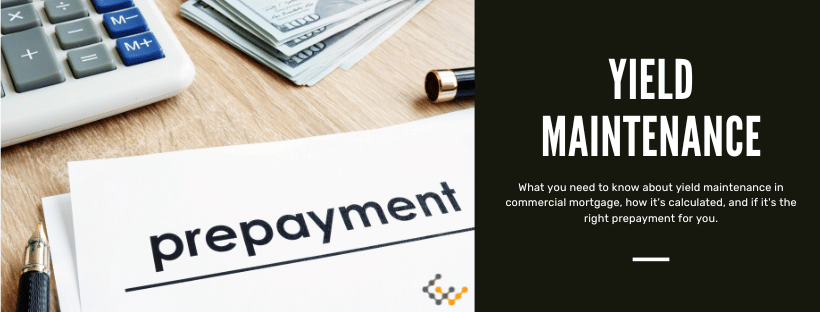
Commercial mortgages have numerous stipulations that help to protect the lender’s investment. One of those is a prepayment penalty called yield maintenance. Commercial lenders may use this type of penalty as a way to ensure they receive a profit from lending to the borrower.
What Is Yield Maintenance?
In commercial mortgages, yield maintenance is a type of fee paid by the borrower to the lender … Read More
What is a Trailing Twelve Months Period?

The financial performance of commercial real estate property is reported over various periods, including both back-looking and forward-looking periods. One of the most common periods used when evaluating multifamily properties is the trailing 12-month period.
What Is A Trailing 12-Month Period?
The trailing 12-month period is the most recent 12 months. The last full month constitutes the final month in the period, and the one … Read More
Gross Rent Multiplier Calculator: How to Calculate GRM?
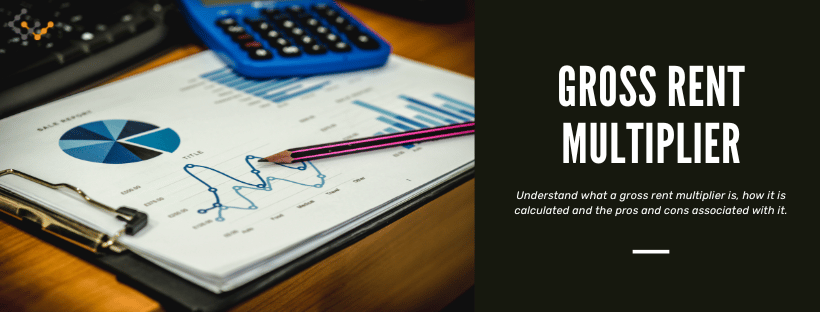
Determining which rental property is worth your investment requires taking a careful look at various bits of data. Gross rent multiplier in real estate happens to be one of the most important factors you may wish to focus on – and the good news is there are many such metrics you can use to get a good idea of the value of any property.
First … Read More
What is Equity Multiple in Commercial Real Estate?

Equity multiple represents the absolute return of an investment. It’s widely used in private equity and commercial real estate as a litmus test. There are fewer quick ways to calculate the potential or actual total return of a property (or deal).
What Does Equity Multiple Mean?
Equity multiple demonstrates, in a straightforward way, the total return that investors will receive on their total investment. It’s … Read More
Are Commercial Loan Origination Fees Negotiable?
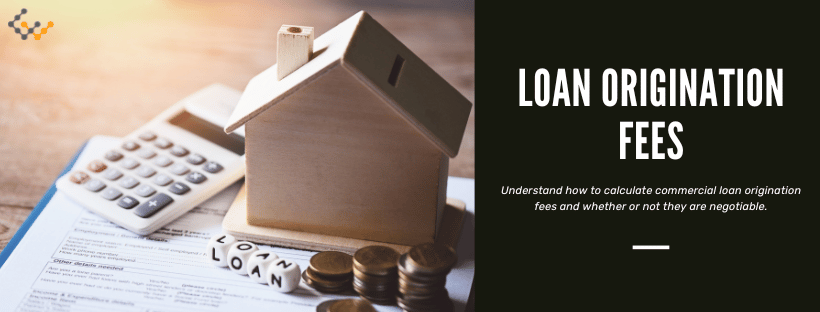
Lenders charge a variety of fees when underwriting commercial real estate loans. One of the most common commercial loan fees and charges is the loan origination fee.
What Are Loan Origination Fees?
Loan origination fees are charged to cover the overhead associated with actually originating a loan.
Origination encompasses the entire process of entering into a loan agreement, from initial application to final signing. The … Read More
Cash on Cash Return vs IRR: Understanding the Difference
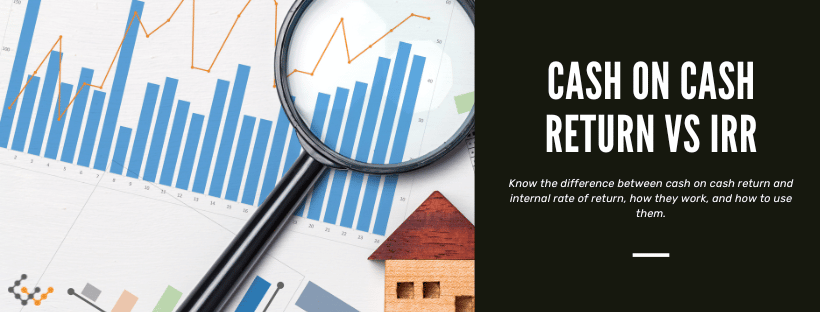
For commercial real estate investors, having access to as many metrics as possible to provide insight and comparison opportunities is critical. There are various metrics available, including cash on cash return and internal rate of return, both of which enable investors to create a more even comparison between properties when trying to decide which to choose for investment.
Most investors set their own threshold of … Read More
